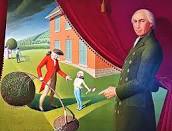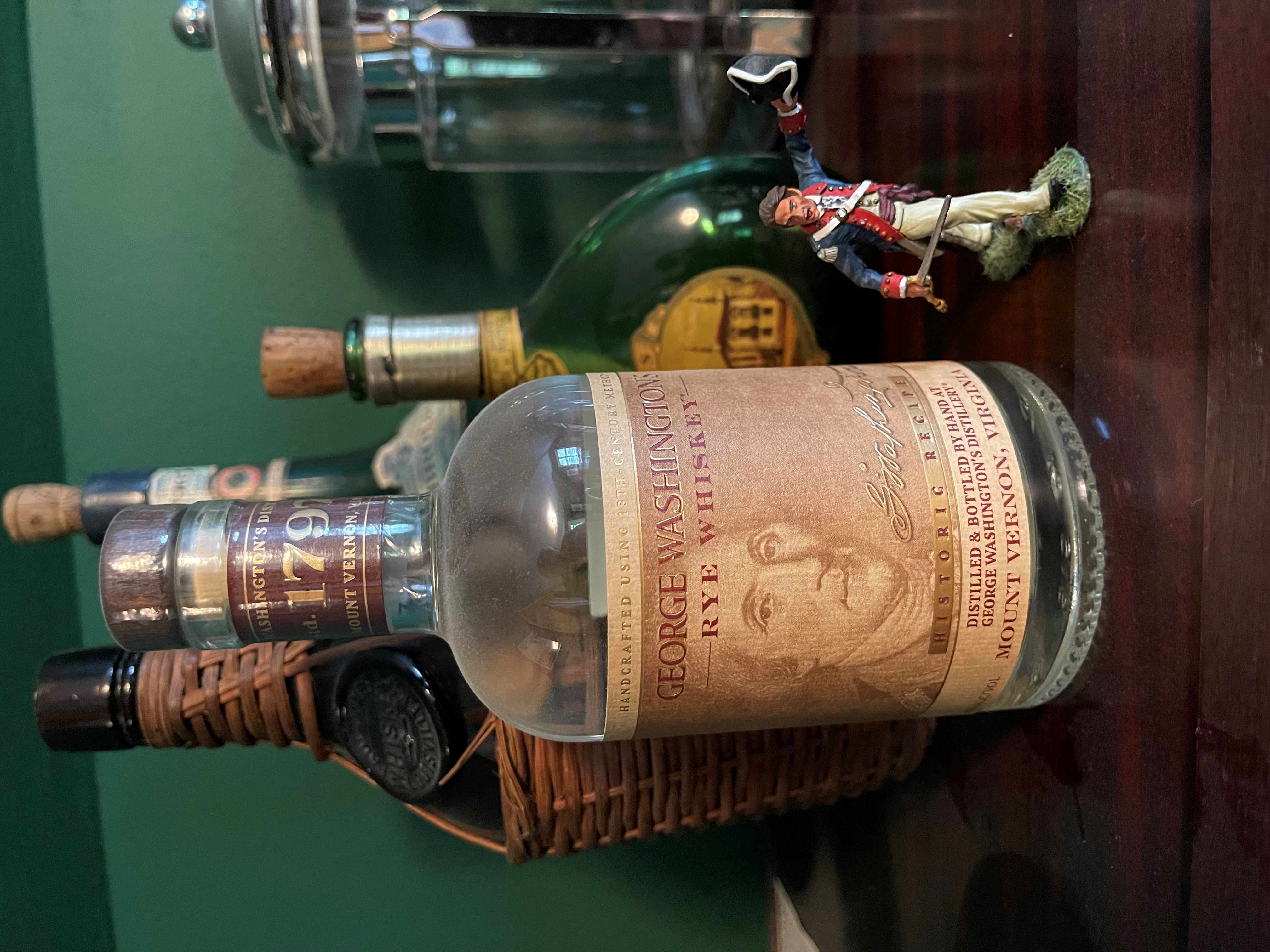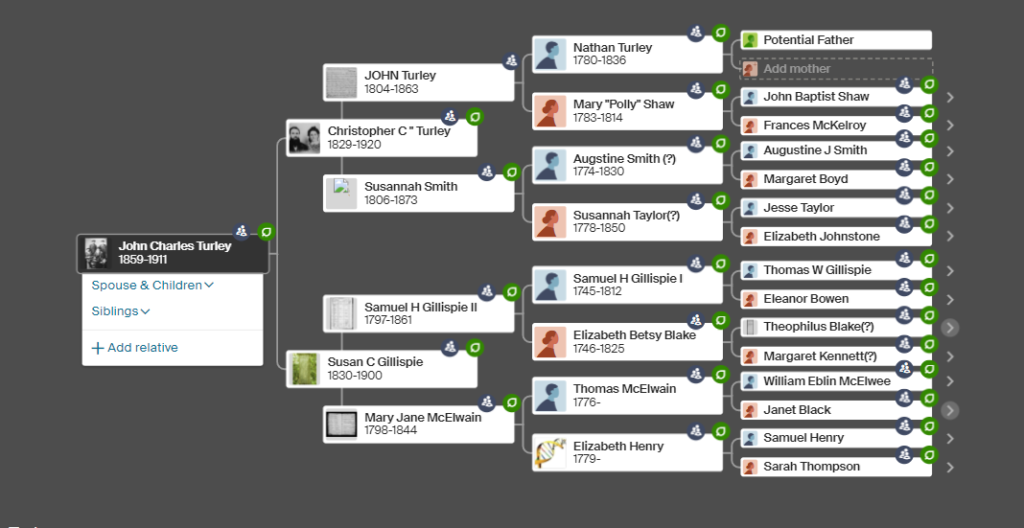
The Wild Delicacy with a Pungent Reputation
Introduction
Every spring, frenzy erupts in the forests of Appalachia. It’s ramp season—the time of year when foragers, chefs, and food lovers alike scramble for a taste of Allium tricoccum, better known simply as “ramps.” These wild leeks are native to eastern North America and have been part of regional cuisine, especially in the Appalachian Mountains, for generations. But while ramps are beloved by some for their intense flavor, others object to their strong odor. More recently, there has been controversy over the ethics of harvesting them.
Where do you find ramps?
Ramps typically grow in rich, moist woodlands from Georgia to Canada, with a heavy concentration in the Appalachian region, including West Virginia, Kentucky, Tennessee, and North Carolina. They thrive in shady spots, often under beech, birch, or maple trees. Patches of ramps emerge in early spring, usually from late March to early May, depending on elevation and latitude. The plant resembles a small scallion, with smooth, broad leaves and a purplish stem. Both the leaves and the bulb are edible, and they carry a flavor often described as a cross between garlic and onion.
Traditionally, ramps were harvested by hand, with foragers pulling up the whole plant, bulb and all. However, the surge in popularity—fueled in part by chefs and food writers discovering their unique taste—has led to overharvesting in some areas. Today, sustainable harvesting practices are strongly encouraged. These include taking only one leaf per plant or harvesting just a small portion of any given patch to allow for regeneration. In some public lands, such as national parks, ramp harvesting is now restricted or banned altogether due to conservation concerns.
What do you do with them?
The bulb of the ramp—the white, root-like portion at the base—has the strongest odor and flavor. That’s where the pungent, garlicky-onion aroma really hits its peak. It’s rich in sulfur compounds (like those found in garlic), which is why the smell can linger on your breath—and in your kitchen—for days.
The leaves, in contrast, are milder and more herbaceous. They still carry that signature ramp flavor, but with a fresher, greener tone. Many foragers actually prefer using the leaves for things like pestos and sautés, partly to preserve the plant (since you can harvest one leaf and leave the bulb) and partly for the gentler taste.
So, if you’re after full-on ramp intensity, go for the bulb. If you want a subtler approach (or plan to be around other people), stick with the leaves.
As for how ramps are used, they’re astonishingly versatile. In traditional Appalachian kitchens, ramps are often fried with potatoes or scrambled with eggs. Ramps will frequently appear in Southern dishes like pimento cheese, corn bread, and brown beans. Modern chefs toss them into pastas, pickle them, or char them on the grill. More recently, ramps have appeared in pesto, risotto, and aioli. I recently tried ramp waffles with ramp butter—not a fan. I have also seen ramp wine and ramp ice cream but I’m not ready to try them.
The flavor is bold (some say obnoxious) and lingering—fans adore it, but detractors complain that it overstays its welcome. The smell of raw ramps has been compared to extremely potent garlic and eating them can leave a person with a powerful body odor for days. Some schools and workplaces in ramp-happy regions unofficially discourage bringing them for lunch. When I was younger, I remember kids being sent from school after eating too many ramps. I thought about it, but decided school wasn’t as bad as living with ramp odor.
The ramp’s cult-like status has sparked a larger conversation about food ethics and cultural respect. For many Appalachian communities, ramps are more than a trendy ingredient; they’re a cherished sign of spring, rooted in local tradition and memory. Commercialization by outside markets has created tension between tradition and profit, raising questions about who gets to define their value.
In the end, ramps remain a symbol of Appalachia’s deep culinary roots—an edible wild treasure that’s as complex in its social meaning as it is in taste. Whether you’re a die-hard fan or someone who politely passes on the smell or someone who makes every effort to avoid them, ramps are a reminder that even humble woodland plants can stir strong opinions.








What Is It About Ramps?
By John Turley
On April 15, 2024
In Appalachia, Commentary, Food and Drink, Reminiscence
It is time for my annual reposting of the blog about ramps, a widely unappreciated source of air pollution in West Virginia.
For those of you who haven’t been blessed to live in Appalachia, ramps are a type of wild leek in the onion family. They have a very pungent flavor that is like a highly garlicky, sulfureous onion. They have a short season in the spring and are highly prized by those who enjoy them.
If you think politics can be contentious, you haven’t seen anything until you’ve seen the disagreements about ramps. You either hate ramps or you love ramps. There is no middle ground and almost no one is neutral on the subject.
Those unfamiliar with ramps might think, “If you don’t like them, just don’t eat them.” Well, it’s just not that simple. If you think garlic or onions can give you bad breath, just standby.
Ramps may give you the harshest breath that you’ve ever experienced. But that’s not the worst part. The odor of ramps will radiate from your body for several days. Despite much folklore about the best ways to rid your body of the odor, the only thing that works is the passage of time.
I can remember many years ago when I was in school, kids who would eat too many ramps sometimes would be sent home because the odor was just too much to bear in a closed classroom. There were times when I thought eating ramps might be worth it if I got a day off school. Ultimately, I decided maybe school wasn’t so bad.
The spring of my senior year in high school a buddy and I decided to go to Richwood for the annual ramp festival. Richwood sits in a river valley and as we started down the hill, we could see a haze hanging over the town. As we got closer to the festival site I was almost driven back. I grew up in a town with several chemical plants so I thought I was used to bad odors in the air, but was I ever wrong. The only thing that kept us going was free beer. We had both just turned 18 and could legally drink.
Even the federal government has declared ramps to be a public nuisance. The editor of the Richwood weekly newspaper once mixed ramp juice with the ink for a special edition. The smell was so bad the post office refused to deliver the paper and destroyed all the copies in its possession.
People who love ramps talk about the many ways to cook them. In the spring in West Virginia restaurants seem to continuously look for new ways to present ramps during the few weeks that they are available. They have ramp burgers, ramp pimento cheese, ramp jelly and ramp omelets. There has even been the misguided ramp infused wine. It seems to me that most recipes involve ways to disguise the flavor of ramps.
It’s not just when they’re cooked that they put off this objectionable odor. Even raw they can be hard to deal with. I was out in the country with my brother and his wife when she decided to pick some ramps (leaves only, the bulb is left to grow next year’s crop). Let me say I was glad we drove out separately. He said it was at least three days before the smell of ramps was cleared from the car. He joked that while ramps may not be grounds for divorce, they certainly could be grounds for temporary separation.
If you love ramps, I hope you enjoy them. Just make sure everyone else has enough warning to avoid you during ramp season. And that is The Grumpy Doc’s opinion about ramps. Be sure and leave a comment with yours.